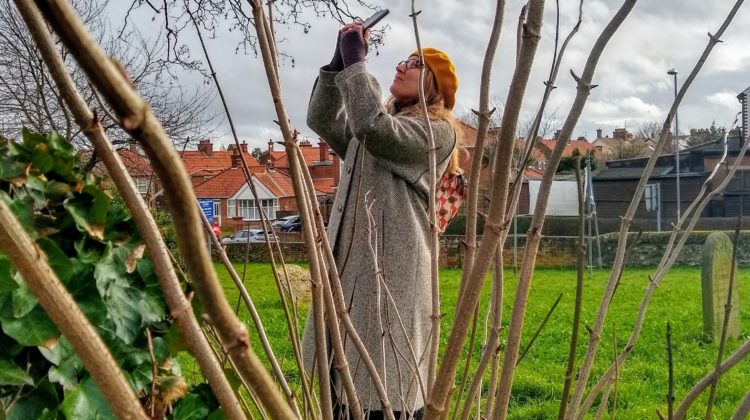
Community artist Genevieve Rudd is leading the new Yarmouth Springs Eternal project, which explores personal relationships to the natural world through contemporary arts. Here she talks about how the first community session went, involving adults who have experienced homelessness and migration
Marking the changing of the seasons has taken on a new resonance for many people, especially as we’ve now experienced a full year living with the consequences of Covid. As the first lockdown began last year, three days after the Spring Equinox, I’d already spent many days at my desk replying to cancellation emails and crossing out dates in my diary. Community Arts work is precarious at the best of times – but having to shift my participatory practice online and eventually finding out I was ineligible for any government financial support during the pandemic was tough. For the first time since starting my career in the arts 10 years ago, I felt like giving up.
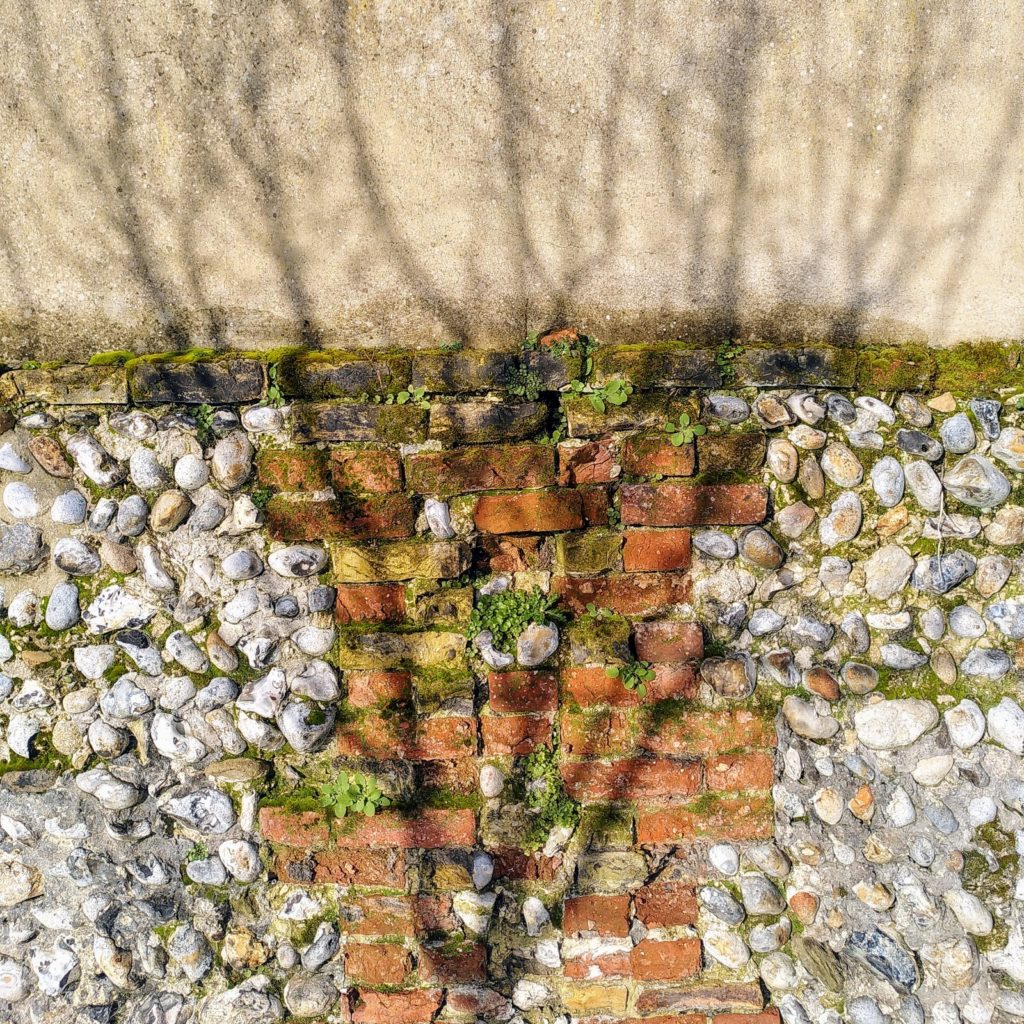
Digging deep and calling upon reserves of resilience is a privilege. Whilst my income and wellbeing have been negatively affected by this experience, my basic core needs were still intact. I’ve been fortunate to have the security of a safe home, access to food and supportive relationships to sustain me during the toughest times. I’ve also been incredibly grateful to have a garden, which is more of a ‘studio’ to me than the room where my desk and art materials live. It’s a relatively small patch, but it’s a truly multi-functional space: it’s where I explore my seasonally connected arts practice, grow food, compost and build wildlife-friendly habitats. It’s a place I grow and nurture, give and receive, and a restorative place to escape from Zoom calls and emails. And, when I can’t escape the e-meetings, I can daydream out of my window for some brief respite.
Studies have shown that simply looking at nature through a window can help boost wellbeing and aid recovery from illness. Even if we are lucky enough to live on the doorstep of a National Park, there are many access barriers. Friends of the Earth research has highlighted ‘green space deprivation’ and how this can be addressed through an intersectional UK-wide approach, recognising the correlation between low income and ethnicity and access to green spaces. It can take shifts in government level policy to make significant large-scale changes to communities, but I believe there is a place for nurturing small, personal and ‘grass-roots’ (quite literally!) experiences with nature, whatever that might look like in your area.
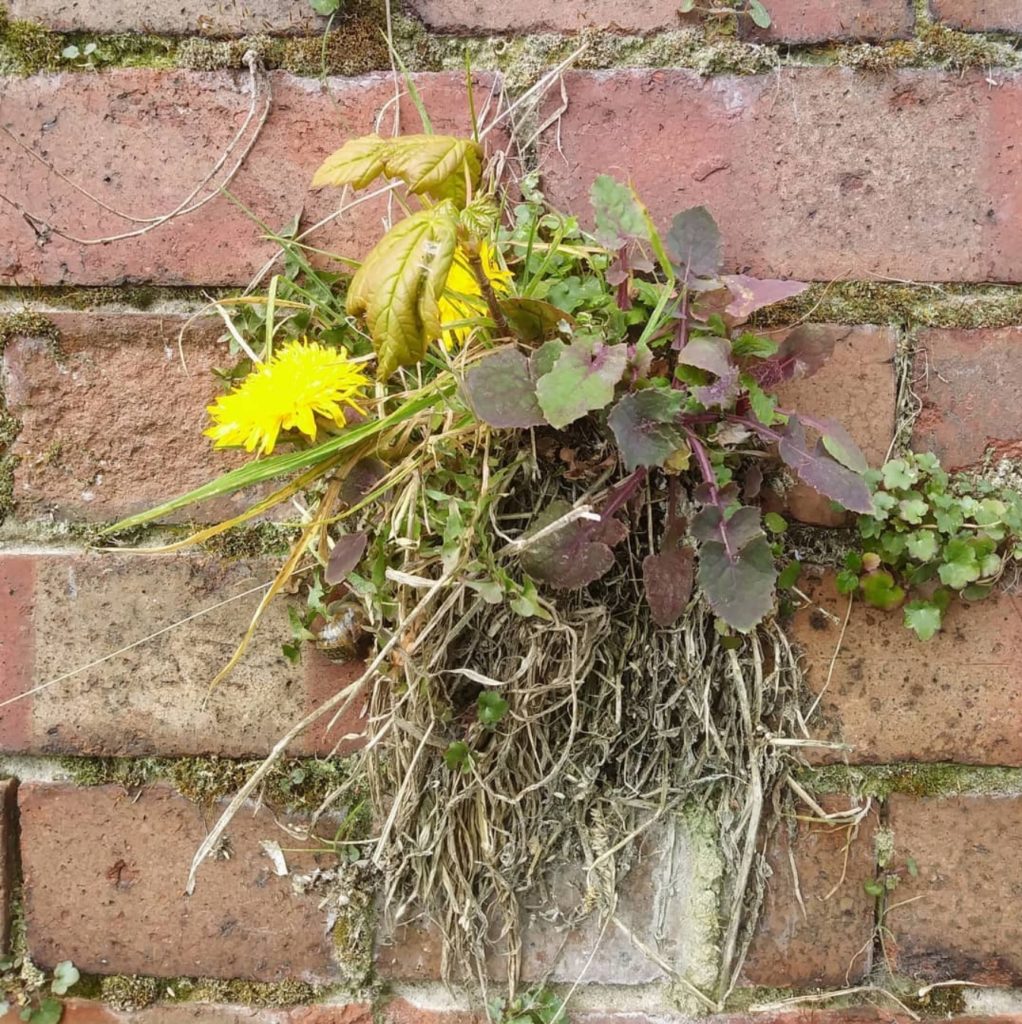
Last summer, research found that 12 per cent of people in the UK have no access to a private or shared garden, and that Black people in England are nearly four times as likely as White people to have no access to outdoor space at home. The Co-op’s Community Wellbeing Index confirmed a correlation between living close to green spaces and a community’s overall wellbeing, including impact on equality and economic health. Great Yarmouth’s own Community Wellbeing Index score has a low 32 point rating for ‘Housing, space and environment’ (including rating the prevalence of green spaces) which is 20 points below the national average. Fields in Trust’s Green Space Index found that 2.7 million people don’t have access to parks or fields within 10 minutes walk from their home. This is something that Natural England are starting to address with their new Nature Networks programme, which recognises the inequality of access and important role of towns and cities. In a very sad turn of events locally, Community Roots, a Great Yarmouth horticulture space run by Norfolk & Waveney Mind, has sadly announced that it will permanently close this month due to significantly reduced funding.
Reading this information on inequality exacerbated by the crisis has hit me hard, but not as hard as those weathering this injustice every day. In Community Arts, it’s not your identity as an artist that drives you (although they’re skills and tools you use) but instead, your capacity for empathy in your role as facilitator. When my own reserves were low, I didn’t always have the energy to ‘make art’ and I sometimes felt a disconnect from the communities I was remotely engaging with, but I kept it simple, using my photographic eye on daily walks to notice the small things: wildflowers growing in the pavement cracks, brickwork patterns, leaf shapes, shadows, bird spotting and amusing garden ornaments. Having my work reduced without choice gave me time to consider my own situation and time to listen to others’ experiences, which is how Yarmouth Springs Eternal started to grow.
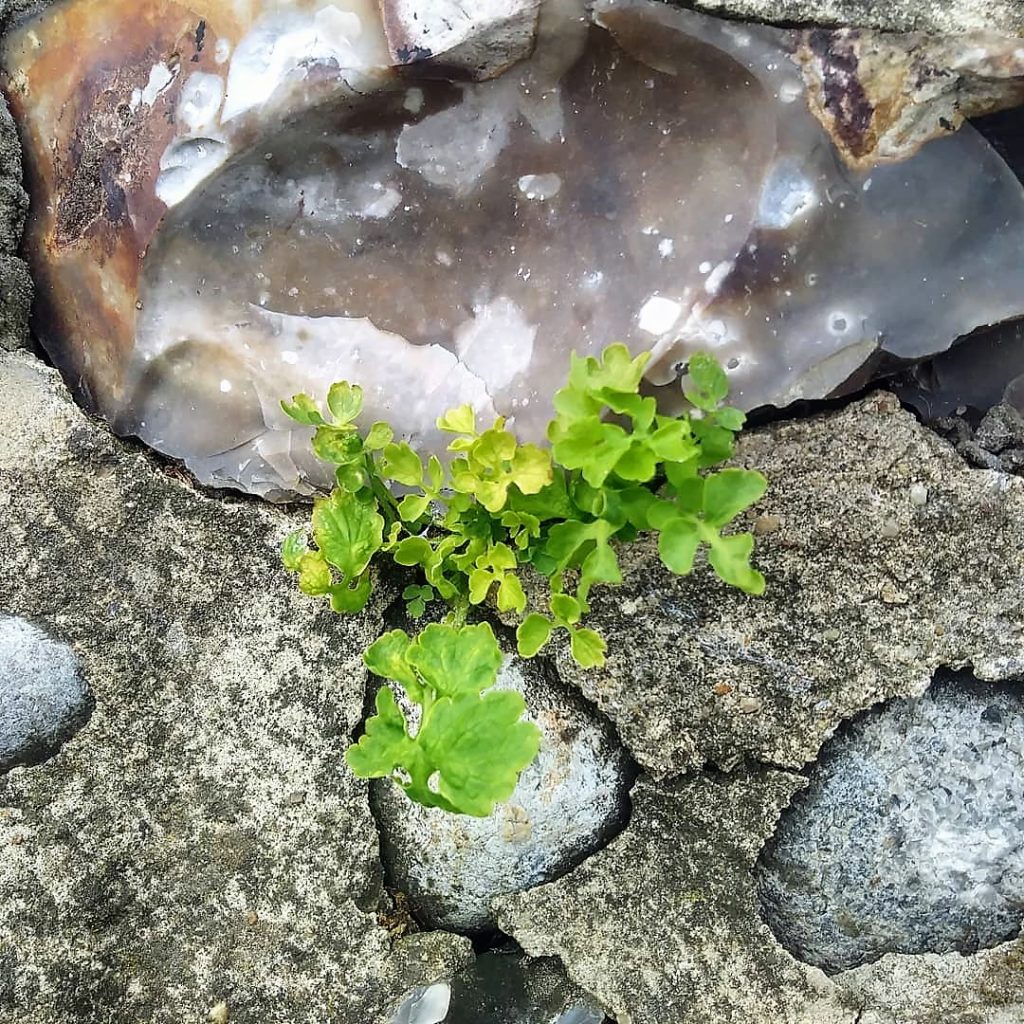
The overall ethos of Yarmouth Springs Eternal is exploring personal relationships to the natural world through contemporary arts, highlighting the ‘overlooked’ and ‘everyday interactions’ with nature from diverse perspectives. We’ll explore nature found on Great Yarmouth streets through the arts, whilst encouraging the recommended weekly health-giving ‘dose’ of 120 minutes outside. I recognise that this project alone cannot influence the amount of local green space available, but I aim to support some of the most vulnerable individuals to benefit from the wellbeing-boosting impact of experiencing nature and making art. It’s a short-term funded project but I have ambitions to establish long-term relationships.
The project will be led in partnership with Great Yarmouth-based arts charity originalprojects;. We’ll be based at PRIMEYARC, their new creative space in Market Gates Shopping Centre, Great Yarmouth. I was initially awarded funding from Norfolk & Norwich Festival’s Creative Individuals Norfolk fund in 2020 to build and develop this project, which has since attracted additional funding from Arts Council England, East Anglia Art Fund, Norfolk County Council and Better Together Norfolk. As well as covering the project costs, this funding has given me six months of income after a difficult year and paid opportunities for more than 10 other arts practitioners.
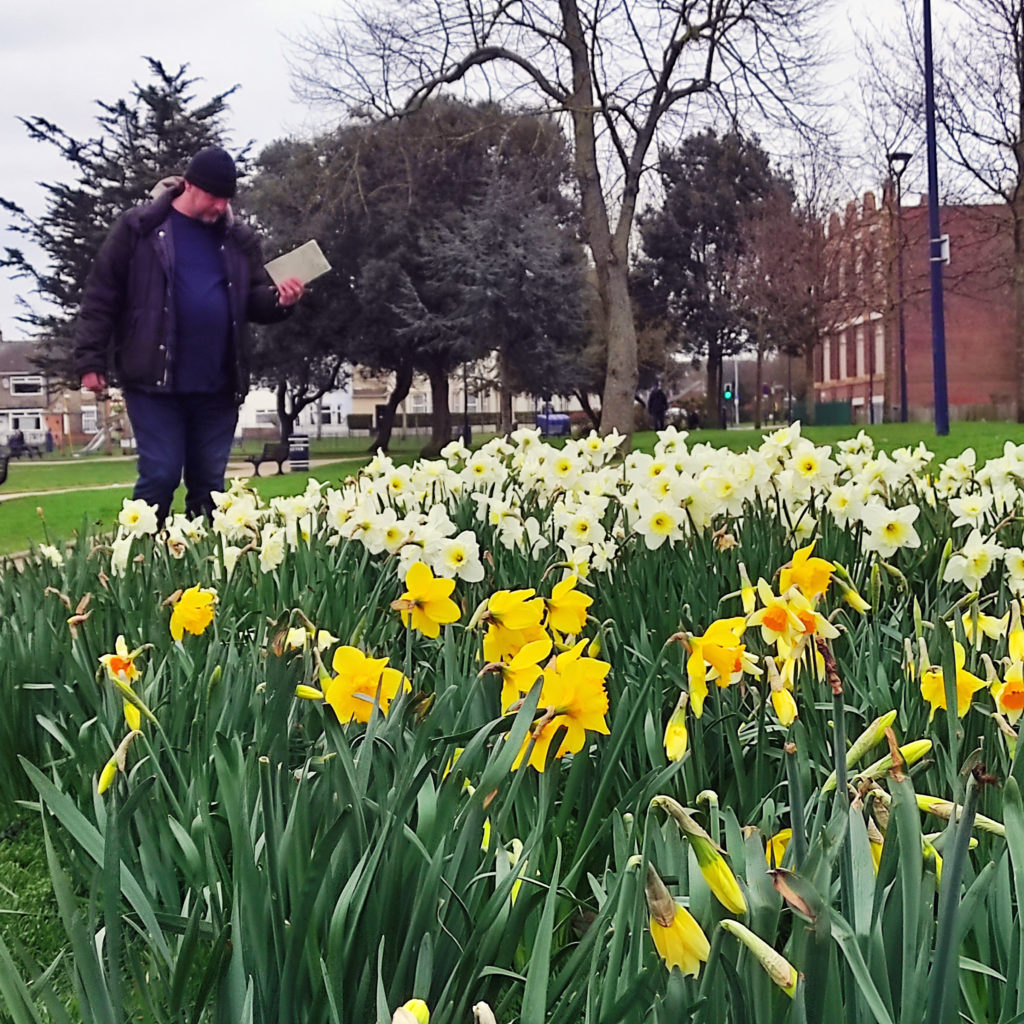
Yarmouth Springs Eternal has been developing over several months since summer/autumn 2020. Now that the Spring Equinox has passed, we have started with a series of artist-led community walks/workshops with adults referred from Herring House Trust homeless charity and GYROS migrant support agency in Great Yarmouth. We have a COVID-adapted safety plan in place following the ‘roadmap’ guidelines. The walks/workshops are led by photographer Mark Cator, writer Macedo, artist/allotmenteer Georgie Manly, curator Kaavous Clayton and me. The participants taking part in this initial series of workshops will influence and inform the content of the latter parts of the project. Plus, we’ll also be connecting with audiences online.
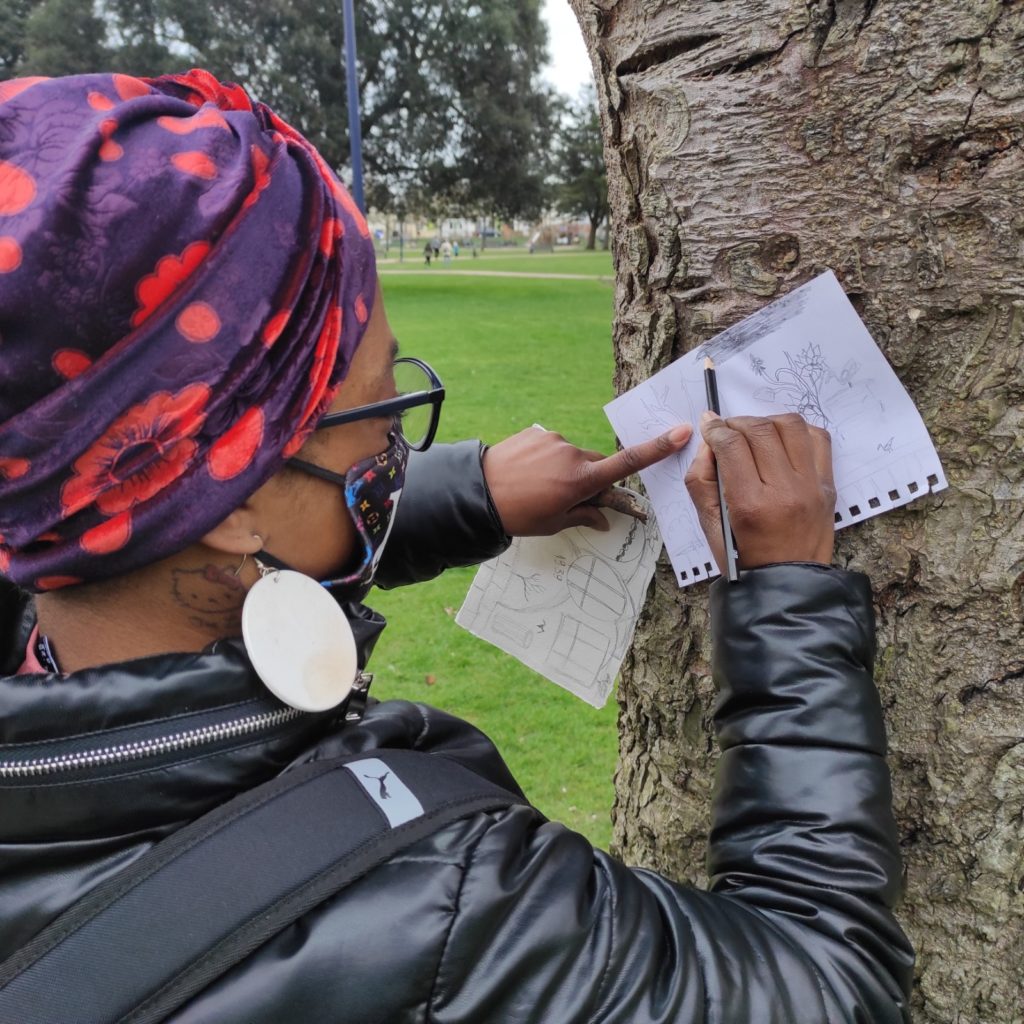
In the first session, I led a walk around town, seeking and documenting nature in overlooked places, and then we created cyanotype blue prints in St George’s Park. The prints were of the morning’s maps, drawings, thoughts and found objects. At the end of the session, we captured some lovely feedback from our group, who said they felt like they ‘achieved and created’ and were ‘enriched’ by taking part, which was so uplifting to hear!
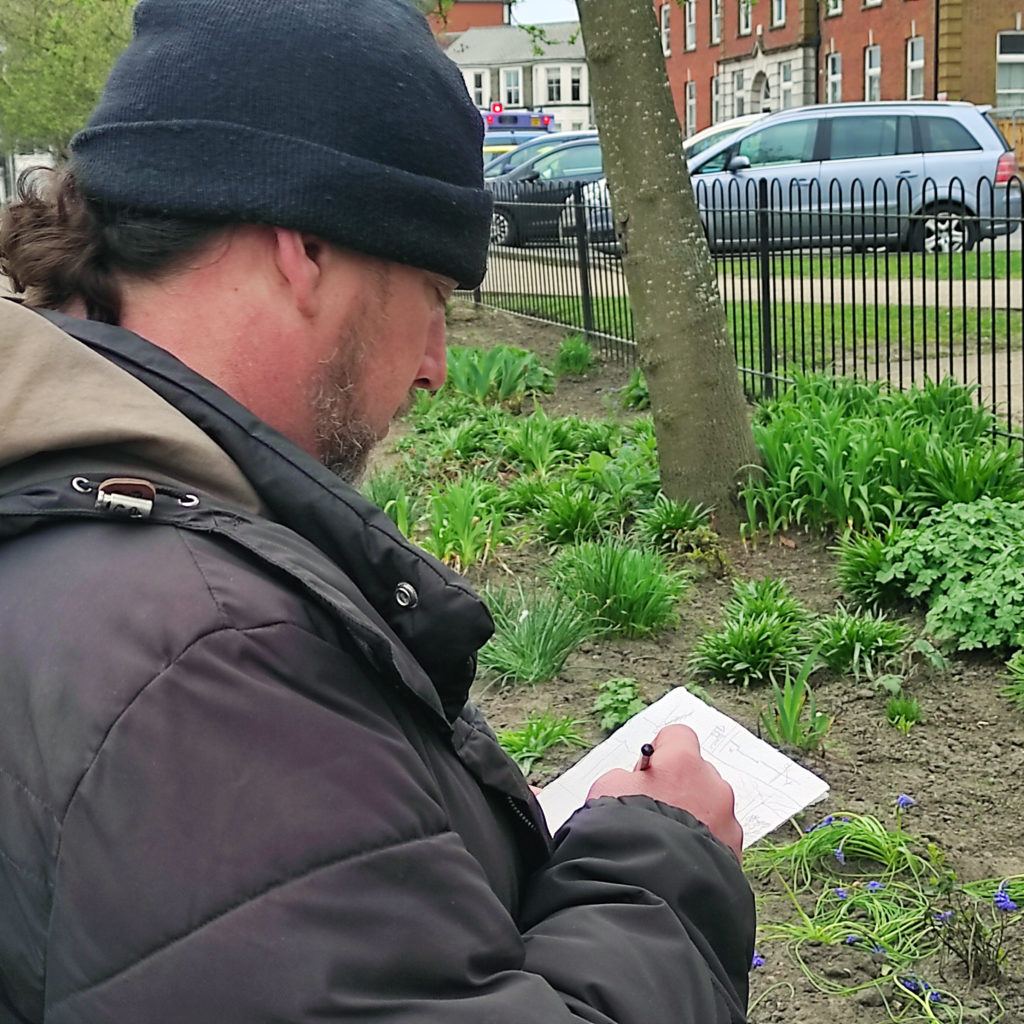
In response to the government’s ‘roadmap’ guidelines, we’ve delayed the start of our exhibition; the show will open May 19 to June 20 (Summer Solstice) at PRIMEYARC. It will feature the workshop artwork and a pamphlet co-designed by participants, plus showcases from visiting artists from across UK: Jacques Nimki, James Aldridge, Jason Evans and foraged refreshments social enterprise, Company Drinks. Kaavous Clayton from originalprojects; will co-curate the exhibition with artists and participants in a market stall style show, featuring eclectic ‘kitchen table’ and ‘potting shed’ arrangements with participatory activities, hobbyist curiosities, and living plant-based displays.
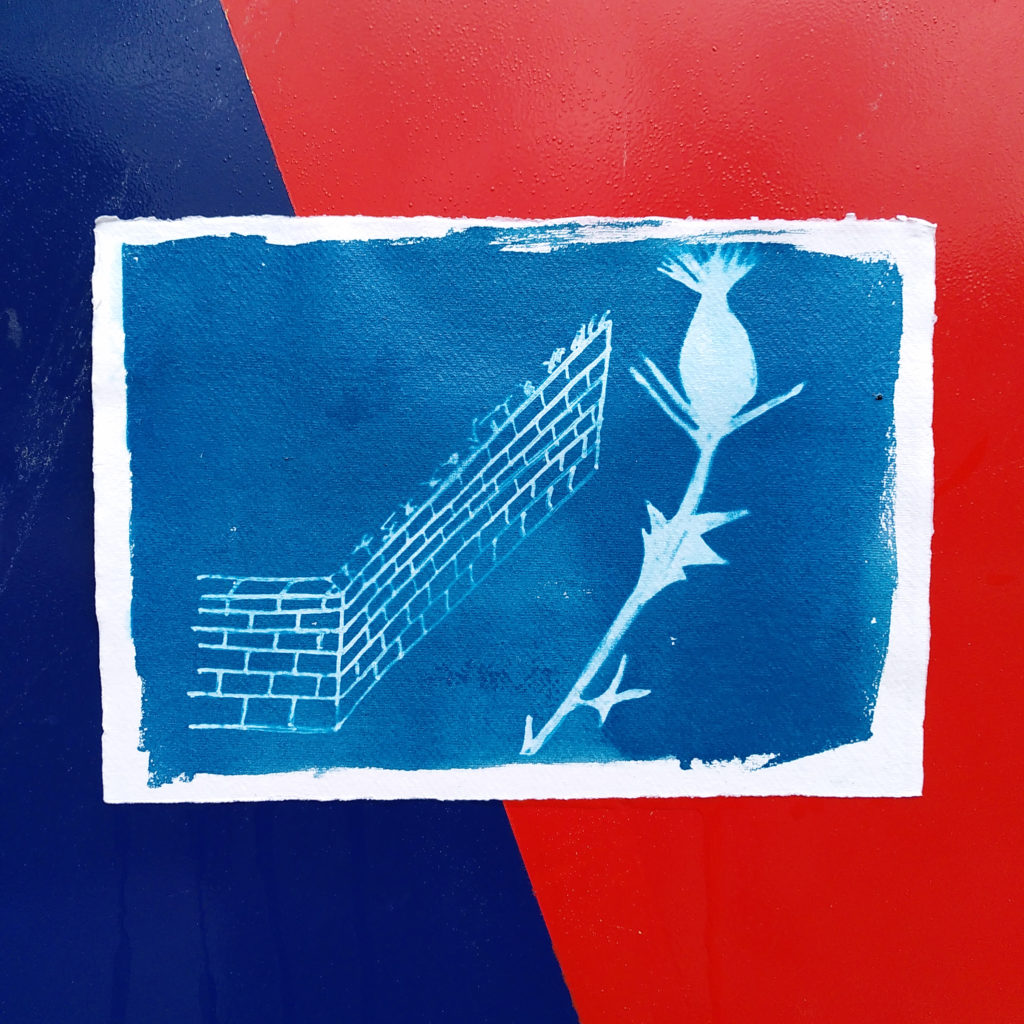
During the exhibition, there will be a programme of public events, including a series of free artist-led walks/workshops and a one-day conference on May 22, exploring the project themes. The events will encourage people to build their own personal connection with the natural world around them which we are all part of, whether it’s taking more notice, growing local appreciation or advocating for better access. If you can’t make it to the conference day, you’ll be able to follow live on social media and enjoy the artist presentation recordings online after the event.
Booking for the conference will be managed by Norfolk & Norwich Festival. To close the project at the Summer Solstice, a participatory arts and nature resource pack will launch, featuring the explorations, concepts and creativity experienced during the project, printed by Great Yarmouth based printer Red Herring Press. They will encourage ways to foster a relationship with nature using creative techniques, starting at a grassroots local level. During the project, Supporting Your Art will be overseeing the online marketing and will produce a video documenting the project, so look out for regular Yarmouth Springs Eternal project posts from now until the Summer Solstice this year, and hopefully beyond…
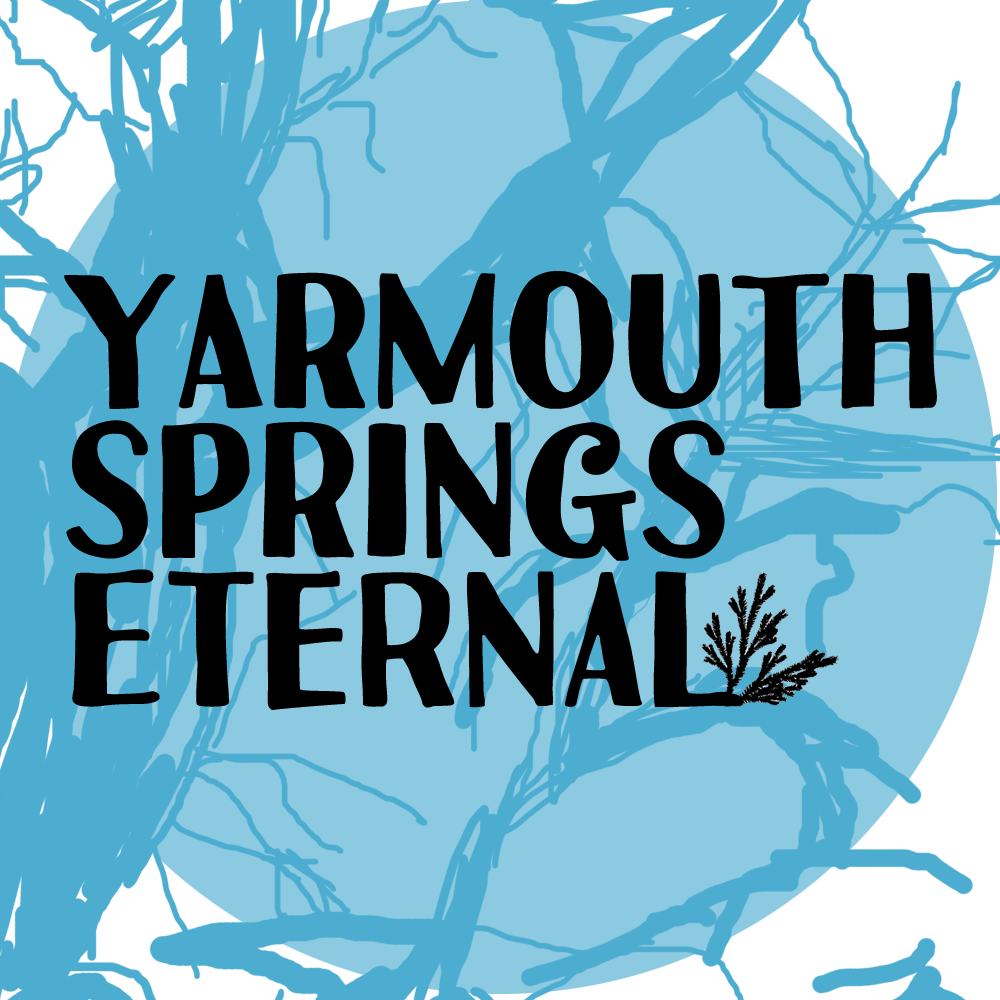
Follow the project on Instagram, Twitter, Facebook or at Genevieve’s website, and sign up to Genevieve’s newsletter here.




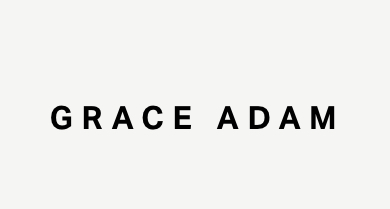



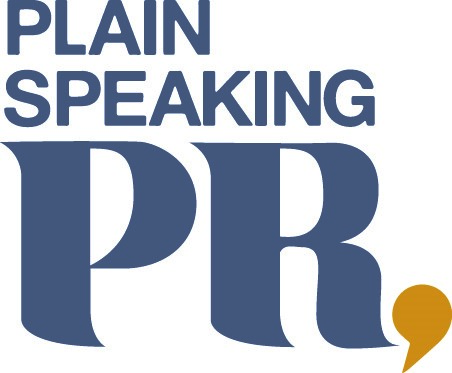
[…] We were featured on Folk Features […]